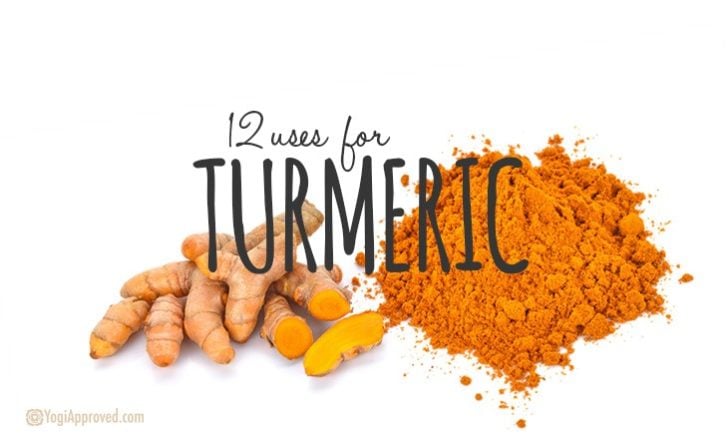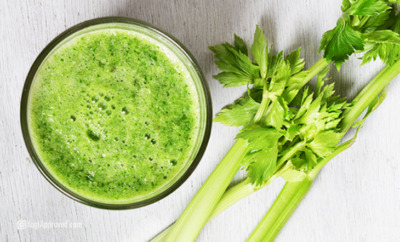The Power of Potassium: Learn the Major Benefits + How To Get Enough In Your Diet

There are a surprisingly high amount of potassium health benefits. Potassium, known as K on the periodic table, is a mineral with many important functions in the body. It is an electrolyte essential for metabolic processes including nerve transmission and muscle contraction.
Diets high in potassium have been associated with a number of benefits such as decreased blood pressure, reduced risk for stroke, and lowered incidence of kidney stones and osteoporosis.
Consuming enough potassium in the daily diet can mitigate the potentially harmful effects associated with excessive sodium.
Many health experts have established that potassium is a nutrient usually lacking in the typical Western diet. Yet the potassium benefits abound, so it’s important to seek it out in your regular diet.
Potassium deficiency is frequently discussed alongside intake of sodium, another mineral and electrolyte, which is usually consumed in excess of the U.S. dietary recommendations.
Because both assist with the movement of water to and from cells as well as action potentials that allow the nervous and cardiovascular systems to function, balance between the two minerals is key to maintaining proper fluid balance and overall health.
What Are the Potassium Benefits For Your Health?
Potassium is the primary electrolyte in the water inside the body’s cells (known as the intracellular fluid or ICF) whose positively charged ions attract water into the cell.
Meanwhile, sodium is the main electrolyte in the water outside of the cells (referred to as the extracellular fluid or ECF), whose ions have the opposite effect of bringing water out of the body cells.
In an ideal environment, there are adequate amounts of both minerals so that the ratio of electrolytes to fluid (known as osmolality) is the same inside and outside the cells to keep the body sufficiently hydrated.
The movement of these ions to and from cells also activate nerve impulses, which ensure that the brain can communicate effectively with the rest of the body.
High sodium levels can cause an elevation in blood pressure (particularly in people sensitive to salt), a condition that can develop into hypertension and increase risk for cardiovascular diseases.
Potassium, meanwhile, helps decrease blood pressure through increasing vasodilation and helping excrete sodium in the urine.
Balance between potassium and sodium is key to maintaining proper fluid balance and overall health.
Therefore, consuming enough K in the daily diet can mitigate the potentially harmful effects associated with excessive sodium. There are many potassium health benefits, in conclusion!
Where is Potassium Found?
Potassium occurs naturally in many plant-based foods like fruits and vegetables as well as some dairy and animal products. While bananas are the food most commonly associated with K, there are plenty of other potassium-rich foods to include in your diet (some of which contain more K per serving than bananas!)
Here Are Top 7 Food Sources to Gain All the Potassium Benefits:

1. Potatoes
Yes, these yummy root veggies are the highest known source of dietary potassium. To make the most of potatoes’ natural K, bake them with the skin on and limit salt when preparing and serving.
2. Dried Apricots
According to the Linus Pauling Institute at Oregon State University, these dried fruits contain 755 milligrams of potassium in just one half cup! They make an easy, ready-to-eat snack to up your potassium game.
3. Lentils
Cooked lentils are an excellent source of K as well as other nutrients like iron and plant-based protein. You can try using lentils as a replacement for meat in a Bolognese sauce or tacos, or prepare them in hearty soups and stews.
4. Mushrooms
Several different varieties of mushrooms, including Portabella, white, and brown, are packed with potassium (especially grilled Portabella mushrooms). Eating mushrooms brings plenty of health benefits, including of course, the potassium benefits!
5. Leafy Greens
Spinach and kale in particular contain substantial amounts of potassium, in both raw and cooked preparations. Enjoy the benefits in your next kale salad!
6. Dried Plums
Similar to dried apricots, these fruits contain more than 600 mg of K in one half cup and offer several other health benefits like improved bone mineral density.
7. Salmon
In addition to being rich in protein and essential omega 3-fatty acids, salmon is a great animal-based source of dietary K so you can enjoy a delicious meal while also reaping the potassium health benefits.

How Much K Do I Need to Experience the Health Benefits of Potassium?
According to the National Institute of Health, the daily recommended intakes for potassium are at least 3,400 mg for adult men and 2,600 mg for adult women, with higher values during pregnancy and lactation.
For reference, a 3.5 ounce serving of a skin-on baked potato contains roughly 573 mg of potassium and a cooked pink salmon filet of this size has 414 mg.
K is a nutrient critical to maintaining electrolyte and fluid balance in the body and ensuring that muscles and body systems function properly.
While safety concerns regarding dietary potassium in healthy people are low, those with certain conditions (such as kidney disease) and who use some kinds of medications and salt substitutes may need limitations on their intake.
Make sure to work with your doctor and dietitian to determine a dietary potassium level that is right for you.
The Potassium Benefits for Your Health Abound!
Potassium is a nutrient critical to maintaining electrolyte and fluid balance in the body and ensuring that muscles and body systems function properly. There are many benefits associated with potassium-rich diets, including improvements in heart, bone, and kidney health.
Take this opportunity to explore the many delicious ways to get enough K in your day! The health benefits of potassium are hard to dispute, and with these tips you can make sure you’re getting enough in your diet.
All included information is not intended to treat or diagnose. The views expressed are those of the author and should be attributed solely to the author. For medical questions, please consult your healthcare provider.


This Month's Letter
From the Editor
Monthly motivation and food for
thought from our founder.

























